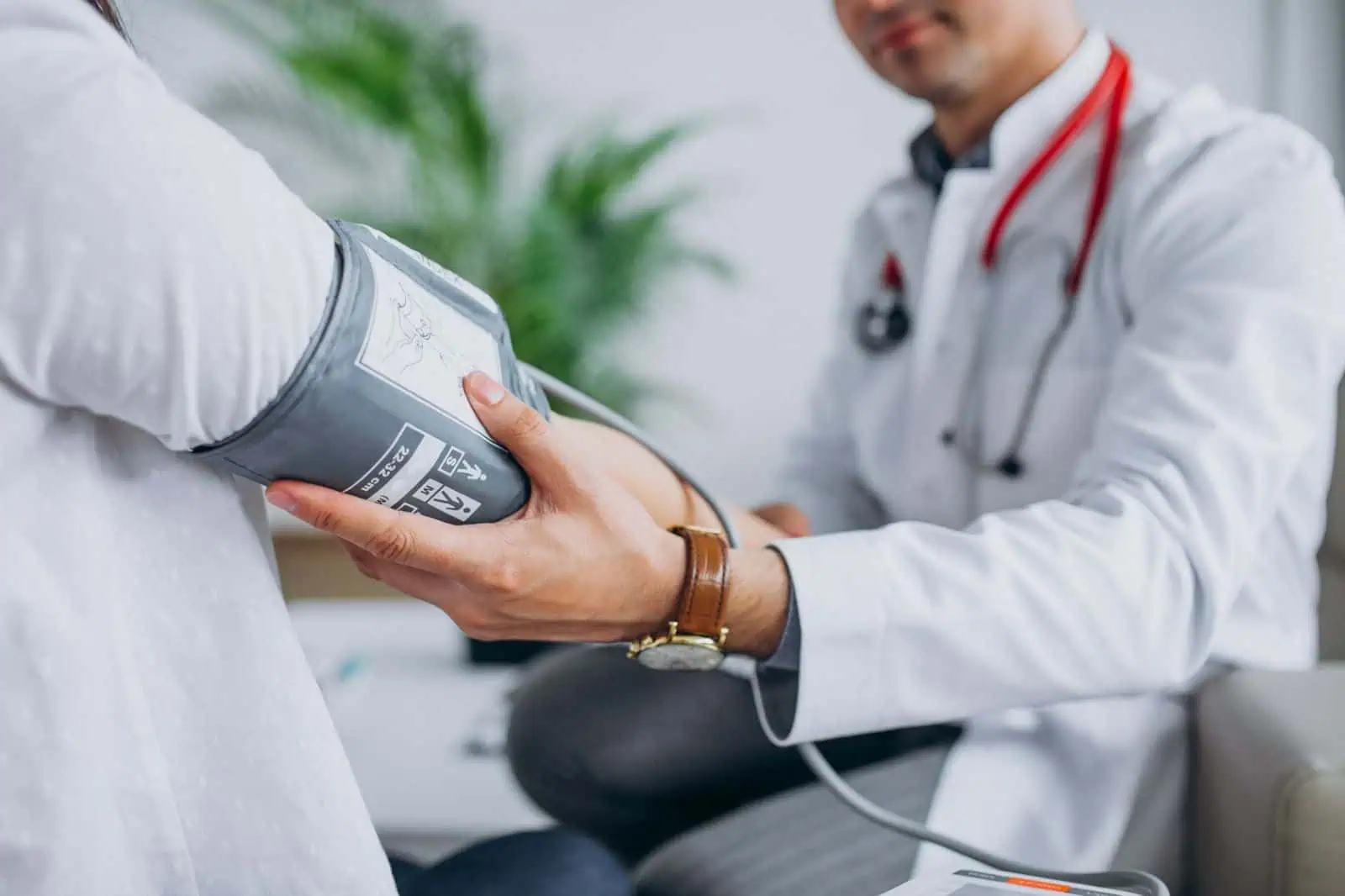Finding a Doctor in the Netherlands
To access healthcare in the Netherlands, the first step is to register with a doctor, either a “huisarts” (in Dutch) or a general practitioner (GP). This initial registration is crucial, as the GP serves as the primary point of contact for medical care. Failure to register with a GP upon arrival in the Netherlands may lead to difficulties in finding an available doctor, especially if their practice is already full.
Methods to Find a GP
To locate a GP in the Netherlands, there are several methods available:
ZorgkaartNederland Website: Visit the ZorgkaartNederland website, which provides a list of doctors in the area.
Gemeentehuis (Town/City Hall): Obtain a gemeentegids (municipal booklet) from the Gemeentehuis, which contains information about local GPs and other services.
Yellow Pages (Telefoongids/Gouden Gids): Look up doctors under the category “Artsen – Huisartsen” in the Yellow Pages.
Expat-Friendly GP in Amsterdam: Expatriates living in Amsterdam can visit the expat-friendly GP practice called Huisartsenpraktijk Westertoren for appointments.
Telemedicine Services: Utilize telemedicine services like Mobidoctor, where individuals can access online consultations with English-speaking doctors from the comfort of their homes, seven days a week, from 9 am to 9 pm, without the need for insurance.
The Role of GPs in the Dutch Healthcare System
GPs in the Netherlands play a central role in the healthcare system. They are highly trained specialists, having completed a six-year general medical education, followed by three years of specialist training. Regular updates and re-registration every five years are mandatory to maintain their qualifications. GPs are well-equipped to handle a range of medical concerns and questions related to both physical and mental health. They can also perform minor surgical procedures and conduct pediatric and gynecological examinations, though they do not provide dental treatments.
Registration Process with a GP
To register with a GP in the Netherlands, individuals need to provide valid identification, the BSN (citizen service number), and health insurance details. During the registration process, a consultation appointment may be scheduled to discuss the patient’s medical history. It is advisable to bring along medical records from one’s home country and, if applicable, a list of current medications.
Making Appointments with GPs
Appointments with GPs can be made through various channels:
Direct Phone Calls: Call the GP directly to arrange an appointment. The GP assistant will inquire about the situation to determine the urgency of the visit.
Telephone Consultations: Some GP practices offer specific telephone consultation hours for simple questions.
E-Consultations: Some GPs offer e-consultations, allowing patients to ask questions via a secured internet connection. Urgent issues or situations requiring a physical examination are not suitable for e-consultations.
Walk-in Consultation Hours: Many practices have a spreekuur (walk-in consultation hour) early in the morning, where patients can visit the GP without a prior appointment for short and simple inquiries.
Home Visits: Some GPs make house calls, especially after regular office hours or during specific allotted times, for patients who are too ill to visit the practice.
Emergency and Specialist Referrals
In situations where the GP is unavailable, such as during holidays, patients can contact emergency dokterdienst or huisartsenpost services. These services provide the names and contact information of on-duty doctors in the area or offer further guidance on whether to visit the emergency huisartsenpost in the hospital or wait for the GP’s return. Referrals from GPs are necessary to see specialists in hospitals, and this referral may also need to be presented to the insurance company for cost coverage.
Government Health Checks
The Dutch government offers various voluntary and free health checks as part of population screening programs, including mammograms for breast cancer, cervical smear tests for cervical cancer, and faecal tests for bowel cancer.
Doctor Density in the Netherlands
In the Netherlands, there are over 56,000 doctors and physicians, with approximately 25,000 of them being GPs. This averages to around 3.4 doctors per 1,000 citizens, slightly below the EU average of 3.6 doctors.
Addressing Dissatisfaction with a GP
If a patient is dissatisfied with their GP, it is advisable to discuss concerns directly with the doctor first. If the issues persist, patients have the option to submit a complaint to the complaints officer to address their healthcare consumer rights.
